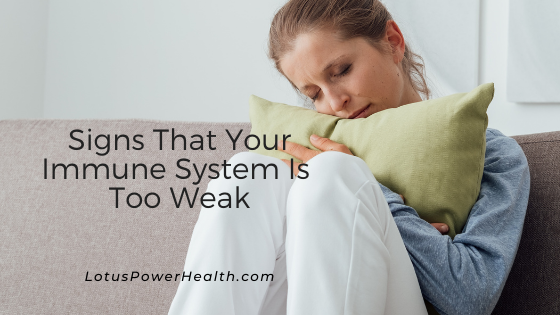Do you remember learning about the endocrine system in your high school biology class? If not, here’s a refresher: your endocrine system is a collection of glands that exist to produce hormones. These hormones regulate a lot of different aspects of your body, and the endocrine system acts as an information super-highway as all of these hormones pass through it. These hormones dictate things like your sleep cycle, your mood, your metabolism, how fast you grow, your sexual function and reproduction.
In short, your endocrine system affects every function your body performs that is keeping you alive right now.
Endocrine Disruptors
It’s likely that you have recently introduced endocrine disruptors into your system. These chemicals are man-made. They affect your endocrine system and how your hormones function within that system. These disruptors can mimic, alter and block hormone production, which gums up the works, and this is especially important to understand when you’re trying to conceive.
You may think that these disruptors are rare and that they aren’t something that affects you. But consider this: you can find endocrine disruptors in the following products and items:
- Lawn care chemicals
- Household cleaners
- Personal care and hygiene products
- Preservatives
- Anything with an “unscented” or “natural” fragrance
- Perfume
- Artificial ingredients in food
- Pollution
And these are just some examples!
See where I’m going with this?
If you eat canned goods, you’ve likely been exposed to the endocrine disruptors BPA or BPS.
Phthalates are found in many lotions, hair care products and plastics.
If you use stain-resistant laundry products, you’ve likely been exposed to perfluorinated chemicals.
Fluoride itself is also an endocrine disruptor.
Again, these are only a few examples! But, do you see how easy it is to absorb these toxins on a daily basis? The scary part is that over 80,000 chemicals that are being used in products have never been tested by a federal compliance organization to ensure safety.
How it Affects Fertility
Because your endocrine system handles the hormones necessary to make your reproductive organs work properly, ridding your body of endocrine disruptors is vital to maintaining a normal level of fertility. Studies have shown that women with endocrine dysfunction can develop abnormalities that can be as minor as irregular periods, or as serious as PolyCystic Ovarian Syndrome (PCOS) or Endometriosis.
These disruptors can throw your menstrual cycle off balance, which makes it much more difficult to get pregnant. Women with irregular or absent periods can have an extremely difficult time determining their ovulation, and it can take great lengths to achieve pregnancy without knowing this vital information.
Endocrine disruptors also affect your eggs quality, which might lead you to either not getting pregnant, or miscarry. They also affect hormones production in general. For instance, when hexachlorobenzene (HCB, a pesticide) is introduced into a woman’s system for three months, the exposure reduces the concentration of oestradiol at ovulation. This is a hormone that is extremely necessary for fertility.
In order to maintain a normal fertility level with regards to endocrine disruptors, the best course of action is to go as natural as possible. Harsh chemicals and processed foods are loaded with the potential for endocrine disruptors, so cut them out as much as possible. The less of these products you use, the more likely you are to have a balanced endocrine system.
References
- Why everyone should care about endocrine disruptors: http://www.mindbodygreen.com/0-11127/why-everyone-should-care-about-endocrine-disruptors.html
- Could endocrine disruptors like BPA be disturbing your fertility: http://attainfertility.com/article/bpa-toxin
- World Health Organization confirms threat from endocrine disruptors: http://anhinternational.org/2013/02/27/world-health-organization-confirms-fertility-threat-from-endocrine-disruptors/
- Human infertility: are endocrine disruptors to blame? (STUDY): http://www.ncbi.nlm.nih.gov/pubmed/23985363
- The impact of endocrine disruptors on the female reproductive system (STUDY): http://humupd.oxfordjournals.org/content/7/3/323.full.pdf
FREE 10-Day Optimised Health & Wellness Challenge
Discover the 5 steps of The Optimised Health Formula and how you can apply them to your life.




